Before achieving the "sweet fruit" of the signing ceremony of the United Nations Convention against Cybercrime ( Hanoi Convention), the negotiation process of this document went through a long journey, at many times seemingly reaching a deadlock.
Negotiating the Hanoi Convention was one of the most complex and difficult international negotiations in recent years.
Initiated by Resolution 74/247 of the United Nations General Assembly in 2019, the negotiation process lasted nearly 3 years (February 2022 - August 2024), through 7 official sessions, 1 extended session and 5 mid-term sessions, with the continuous participation of more than 150 countries and representatives of large technology corporations such as Microsoft, Meta, Google, Amazon and many non-governmental organizations in the fields of technology and human rights .
Negotiations have been hampered by profound differences in the legal, political and cultural systems of member states. The main bottlenecks lie in issues such as strategic competition between major powers, differences in cyber governance models, economic and technological interests and national legal practices.
Some Western countries have expressed concern that the convention could be abused to restrict freedom of expression, while a group of developing countries has stressed the need to strengthen law enforcement capacity and international technical cooperation.
At many times, disagreements within the Ad Hoc Committee nearly brought the negotiation process to a standstill.
Many countries are also concerned that political factors, technological disparities and the ability to cooperate with global technology corporations could affect the implementation of the convention.
In the future, the implementation of the Hanoi Convention will require building a network of implementing partners, perfecting the domestic legal framework and preparing appropriate technological infrastructure.
However, despite all the differences, the final outcome of the negotiation process represented a global compromise - reflecting the international community's determination to build a unified legal foundation to combat cross-border cybercrime in the digital age.
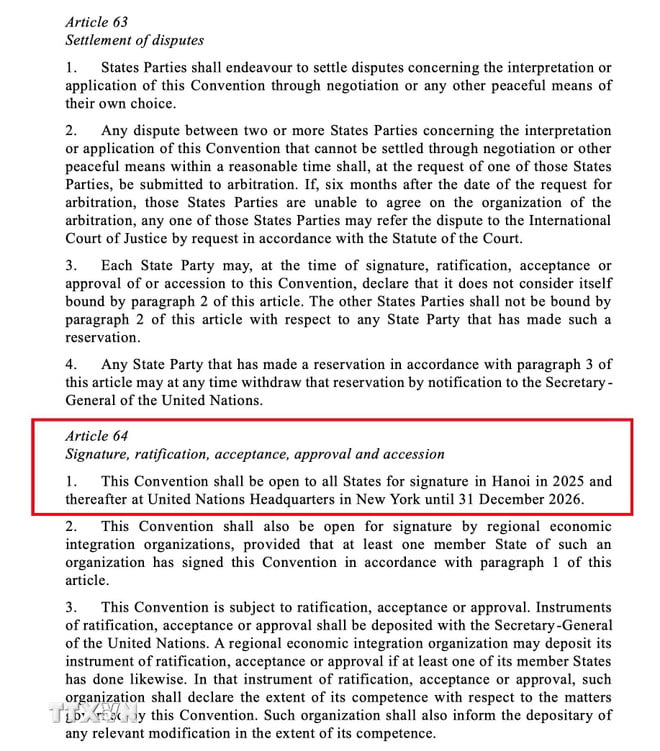
Article 64 of the Convention stipulates that the document will be opened for signature in Hanoi in 2025. (Photo: VNA)
Ambassador Do Hung Viet, Head of the Permanent Mission of Vietnam to the United Nations, emphasized that the adoption of the Hanoi Convention after many years of negotiations is important evidence that multilateralism is on the right track in difficult times; reaffirming the role and importance of multilateralism and international law in managing global issues.
The theme of the Opening Ceremony - “Combating Cybercrime, Sharing Responsibility, Looking Forward” - fully captures the spirit and message of the Convention.
The head of the United Nations Office on Drugs and Crime (UNODC) Xiaohong Li said Vietnam had played a constructive, inclusive and responsible role throughout the negotiations, especially at deadlocks, helping to narrow differences and reach consensus. She stressed that choosing Hanoi as the venue for the signing ceremony was “a strong message, demonstrating multilateralism in action.”
According to Mr. Sudhanshu Mittal, Director of Technical Solutions at the National Association of Software and Services Companies of India (Nasscom), the Hanoi Convention is the first global treaty of the United Nations in nearly two decades in this field, aiming to harmonize national laws, promote cross-border investigation cooperation, sharing electronic evidence, and legal and technical assistance between countries.
He said the convention opens up great opportunities for countries like India to enhance international cooperation, build capacity and improve the legal framework.
In particular, Mr. Mittal emphasized that Vietnam was chosen to host the signing ceremony not only because of its active role in the process of drafting the convention, but also because of its solid legal foundation demonstrated by the 2018 Law on Cyber Security, effective enforcement capacity and highly qualified human resources.
He cited that Vietnam is currently in the top 20 countries in the world in the Global Cybersecurity Index (GCI) 2024, with a population participation rate exceeding 80%. These factors, according to Mr. Mittal, make Vietnam a “bright spot” and an ideal location to host this landmark event of the United Nations.
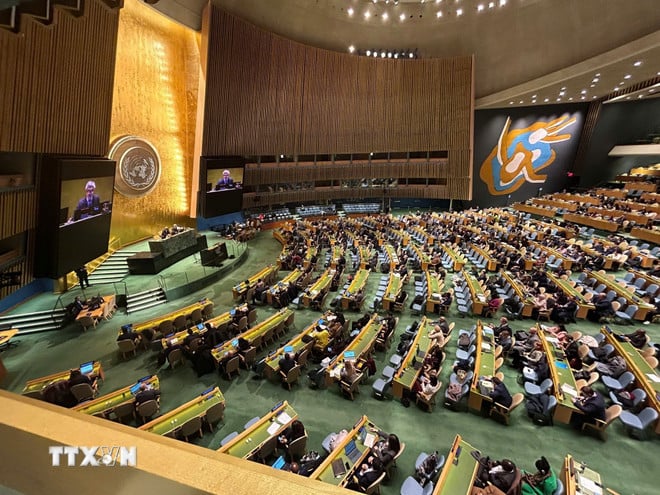
On the afternoon of December 24, 2024 (New York time), the United Nations General Assembly unanimously adopted the United Nations Convention on Cybercrime. (Photo: VNA)
The signing ceremony in Hanoi also has profound symbolic value. In 1999, UNESCO honored Hanoi as a “City for Peace,” recognizing the Vietnamese capital’s efforts in building and maintaining peace.
With its image as a safe, hospitable and dynamically developing city, Hanoi is considered an ideal location to initiate an international document towards ensuring global cyber security.
This historic event sends a clear message: cyberspace must be a space of peace, cooperation and development; global cybersecurity can only be ensured through cooperation, rules and trust. With the document bearing the name “Hanoi Convention,” that spirit will continue to be spread in the implementation and strengthening of the convention in the future.
The negotiation process leading to the signing of the Hanoi Convention also highlighted the strong multilateral imprint of the host country Vietnam, demonstrating a strong effort to transform thinking from "participation" to "proactive participation," raising the stature of Vietnam's multilateral diplomacy in the new development stage.
Ambassador, Head of the Permanent Mission of Nicaragua to the United Nations Jaime Hermida Castillo, assessed that the United Nations' choice of Hanoi as the venue for signing the convention not only reflects the international community's confidence in Vietnam's leadership role and organizational capacity, but also reaffirms Vietnam as a reliable partner in digital governance.
Vietnam's consistent contributions to the process of building the United Nations Convention against Cybercrime are clear evidence of its proactive and effective efforts in participating in the common work of the United Nations.
Vietnam has always been one of the most active coordinators, helping to promote the completion of documents to ensure the harmonious interests of countries. The successful hosting of the signing ceremony continues to demonstrate the new stature of Vietnamese diplomacy - proactive, creative and responsible.
With careful, professional preparation and a spirit of international cooperation, the Hanoi Convention Signing Ceremony will certainly be successful, contributing to spreading the image of "Hanoi - City for Peace," as well as the image of a peaceful, dynamic Vietnam, which is strongly rising in the international arena.
After a long and challenging journey, today's "sweet fruit of Hanoi" marks the beginning of a new phase of global cooperation in the fight against cybercrime./.
(TTXVN/Vietnam+)
Source: https://www.vietnamplus.vn/le-mo-ky-cong-uoc-ha-noi-trai-ngot-sau-hanh-trinh-dai-va-nhieu-thu-thach-post1072535.vnp





![[Photo] National Assembly Chairman Tran Thanh Man receives United Nations Secretary-General Antonio Guterres](https://vphoto.vietnam.vn/thumb/1200x675/vietnam/resource/IMAGE/2025/10/25/1761390815792_ctqh-jpg.webp)
![[Photo] Prime Minister Pham Minh Chinh and United Nations Secretary-General Antonio Guterres attend the Press Conference of the Hanoi Convention Signing Ceremony](https://vphoto.vietnam.vn/thumb/1200x675/vietnam/resource/IMAGE/2025/10/25/1761391413866_conguoctt-jpg.webp)
![[Photo] Prime Minister Pham Minh Chinh receives United Nations Secretary-General Antonio Guterres](https://vphoto.vietnam.vn/thumb/1200x675/vietnam/resource/IMAGE/2025/10/25/1761390212729_dsc-1484-jpg.webp)
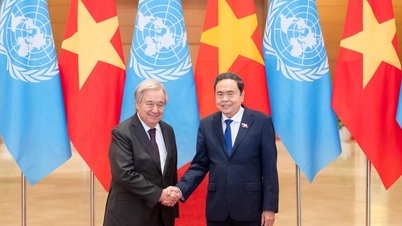

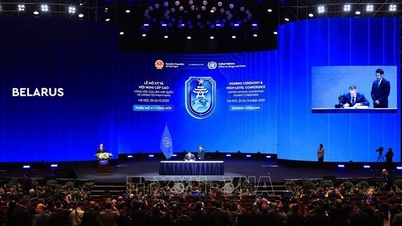

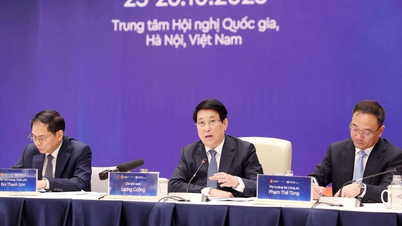

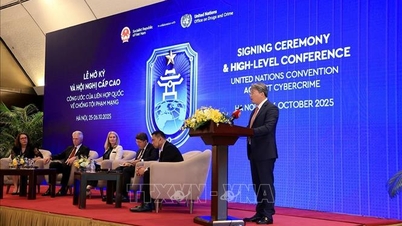

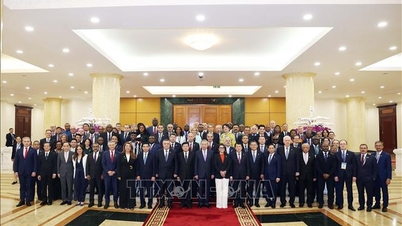
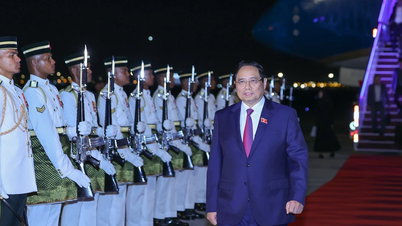
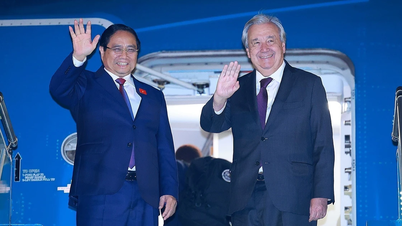

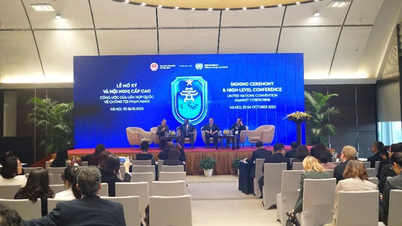

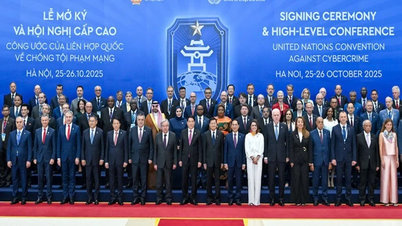
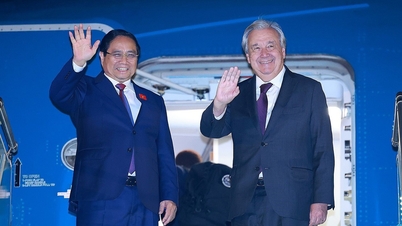






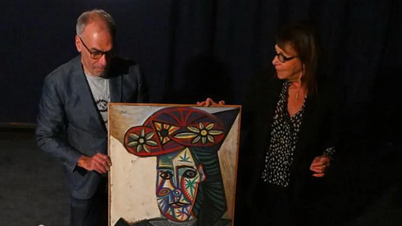
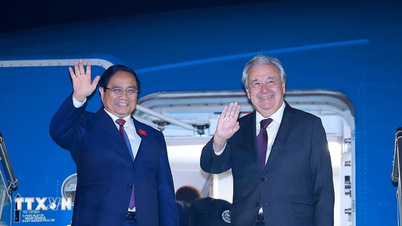

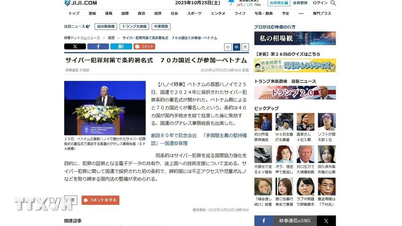
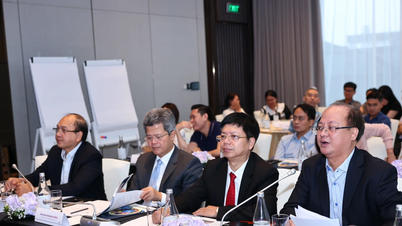
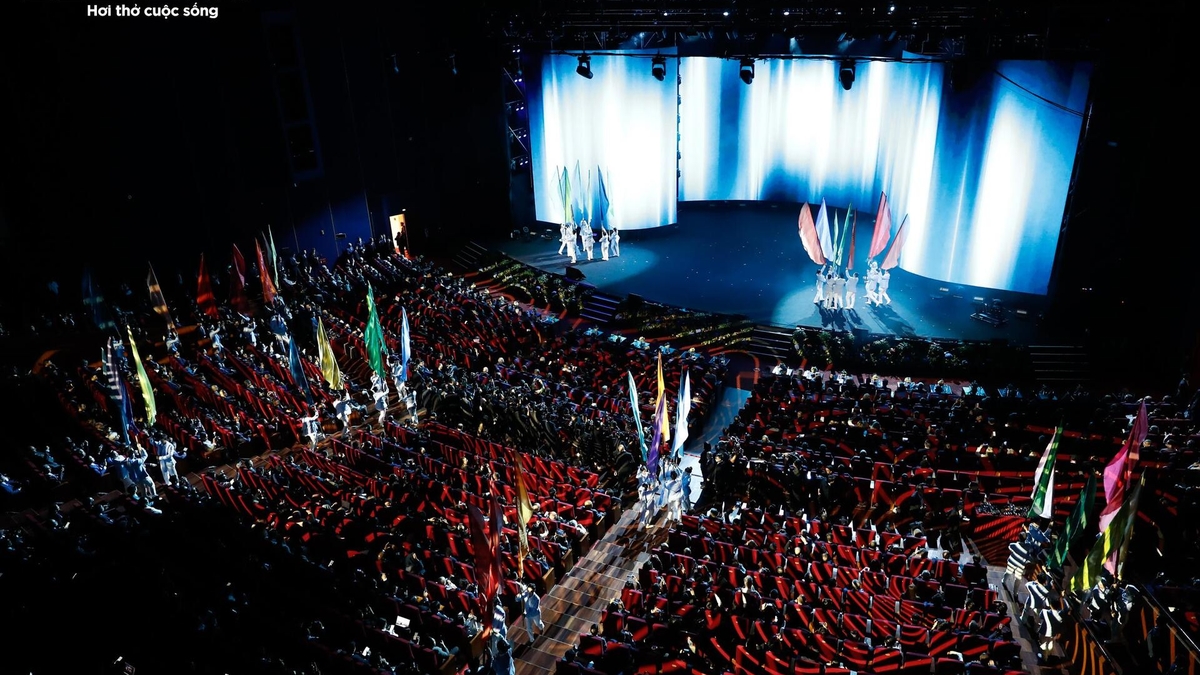
![[Photo] General Secretary To Lam meets with General Secretary and President of Laos Thongloun Sisoulith](https://vphoto.vietnam.vn/thumb/1200x675/vietnam/resource/IMAGE/2025/10/25/1761380913135_a1-bnd-4751-1374-7632-jpg.webp)



































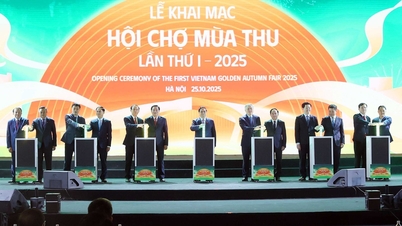
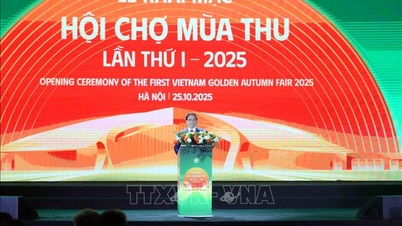
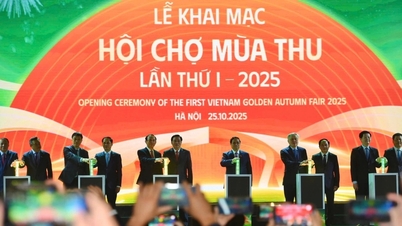
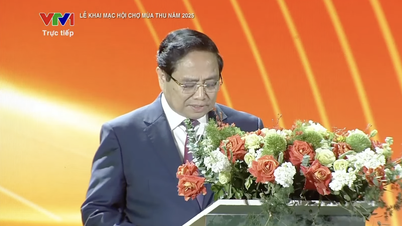




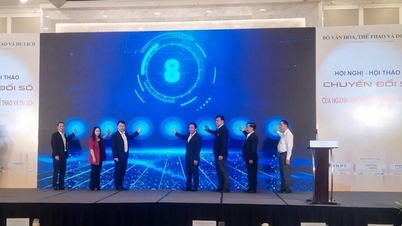

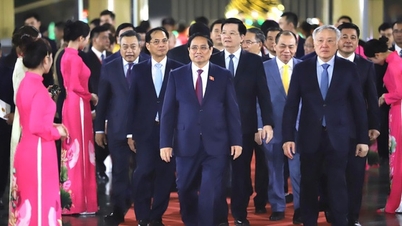
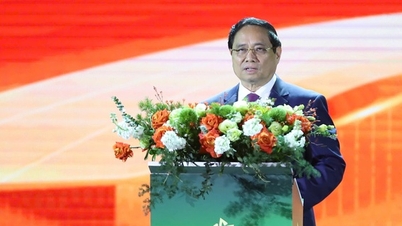
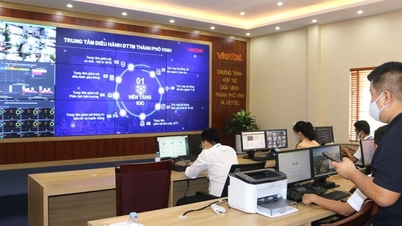

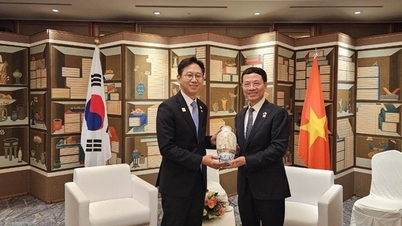
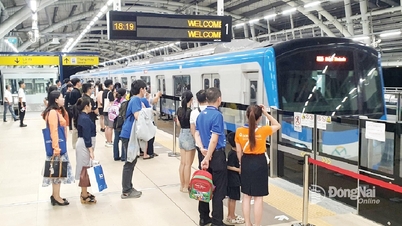


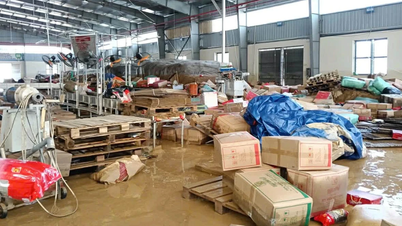

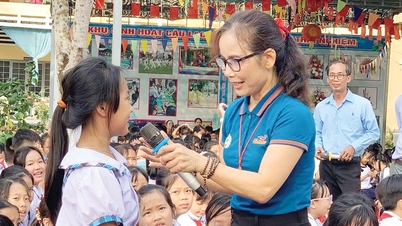
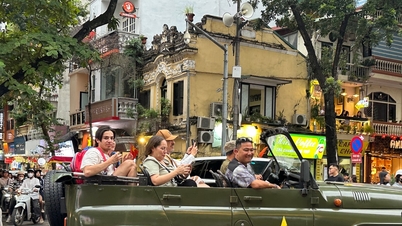

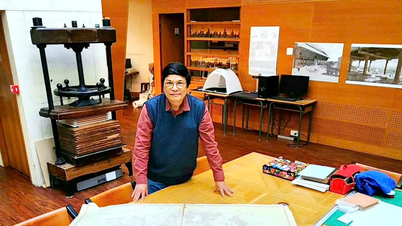
















Comment (0)